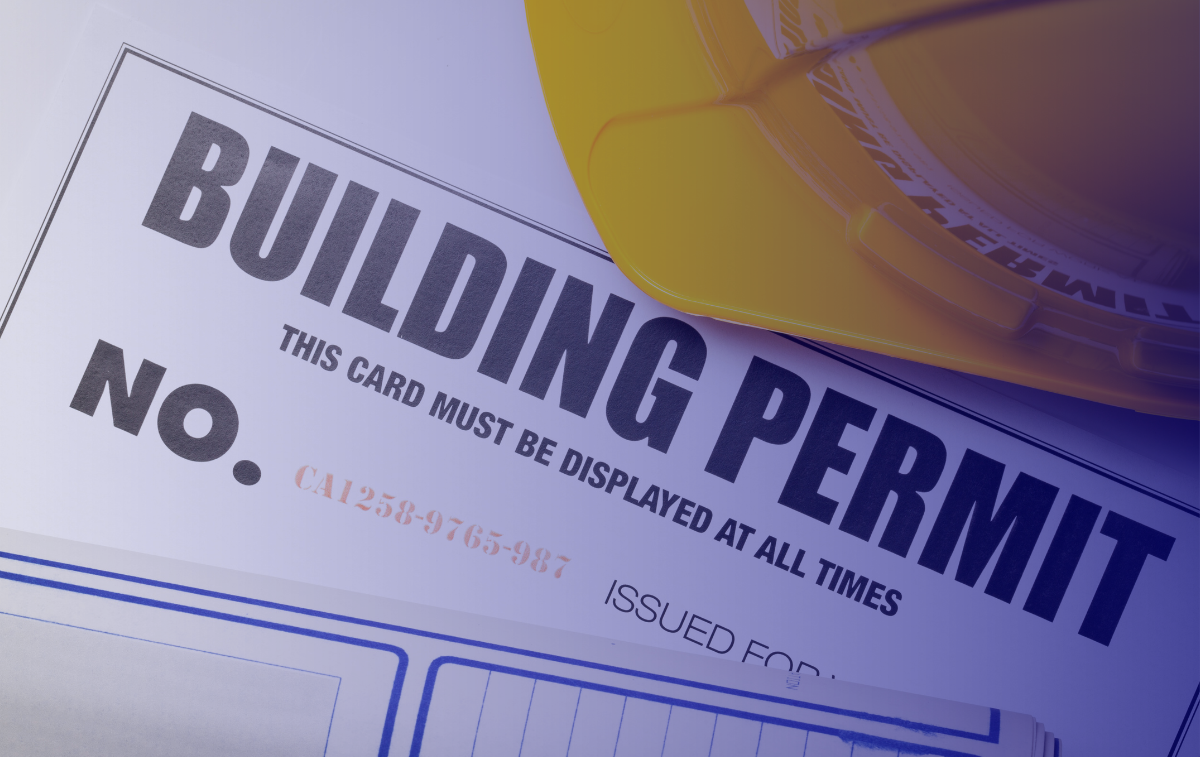JACKSONVILLE, FL – New apartment construction has only experienced drastic year-over-year (YoY) declines once since 1996, which occurred during the Great Financial Crisis (GFC) in 2010. This research examines the predictive relationships between the issuance of building permits for multifamily units, subsequent construction activities, and their interplay with multifamily housing prices. According to historical correlations, it appears that the bottom in apartment prices has not yet been reached. The data for this analysis is sourced from the Federal Reserve of St. Louis.
Our analysis utilized quarterly data covering several key metrics: the YoY percentage change in permits issued for multifamily units, multifamily units under construction (new supply), and the Multifamily Price Index. We employed correlation analysis and time series modeling to uncover leading trends and relationships among these variables. Specifically, we investigated the potential of permits issued as a leading indicator for construction activity and its correlation with the multifamily price index.
Permits as a Leading Indicator
The relationship between construction activity and the Multifamily Price Index showed a strong correlation in the raw data. The YoY percentage change correlation, while weaker at 0.33, still indicated a significant relationship. This positive correlation suggests that as the construction of multifamily units increases, the price index tends to rise as well, likely reflecting strong apartment demand. In simple terms, when demand is high, prices rise, and developers build more to meet this demand and capitalize on higher prices. During the GFC, the “Under Construction” metric turned significantly negative. Currently, it hovers around zero, raising the question: will new construction turn significantly negative for the first time since the GFC? The best way to answer this is by finding a reliable leading indicator—multifamily building permits.
Building Permits
Our analysis revealed a very strong correlation when permit data was lagged by four quarters ahead of construction data. This suggests that the volume of permits issued today can predict the volume of construction activity a year later. This makes intuitive sense, as permits must be obtained before construction can begin. The correlation coefficient at this lag reached as high as 0.81, indicating a strong predictive relationship. Currently, permits are down nearly 30% YoY, which suggests that new construction is likely to follow this downward trend.
Implications for Multifamily Housing
Using permits as a leading indicator, it appears that we are about to experience another significant YoY decline in construction. If historical correlations hold, we probably have not found the bottom in apartment prices yet. This may be influenced by the current data reporting. Over the last year, transaction volumes have been lower, and property owners with assets worth significantly less than a year ago are reluctant to sell. Therefore, the data likely contains a higher percentage of higher-priced, newer vintage apartments. As more owners are forced to sell in the coming months, we can expect the data to reflect lower valuations.
The analysis suggests that building permits are a reliable leading indicator of future construction activity in the multifamily housing market. The significant drop in permits indicates that new construction is set to decline, potentially leading to a decrease in apartment prices. This underscores the importance of using building permits to anticipate market trends and make informed investment decisions in the multifamily real estate sector. By closely monitoring permit issuance and its subsequent impact on construction and pricing, stakeholders can better navigate the complexities of the housing market.
For a more in-depth analysis and to explore the detailed data and methodology behind these findings, read the full article here.
About Nuvo Capital Partners
Nuvo Capital Partners is a niche market-focused multifamily private equity firm operating throughout the Southeastern United States. As a dedicated sponsor (General Partner), we specialize in institutional quality real estate investments within these regions. Our team, with a combined 25+ years of experience, has facilitated over $700M in transactions (10,000+ units). Delivering a transparent investment process, we provide our investors with access to high-quality real estate opportunities, while also ensuring integrity throughout. Our commitment extends to providing monthly, quarterly, and yearly in-depth reporting for our valued investors. To learn more, visit nuvocapitalpartners.com.
If you are interested in learning more about Nuvo Capital Partners and the investment opportunities we are currently exploring, please feel free to contact us here.


Leave A Comment